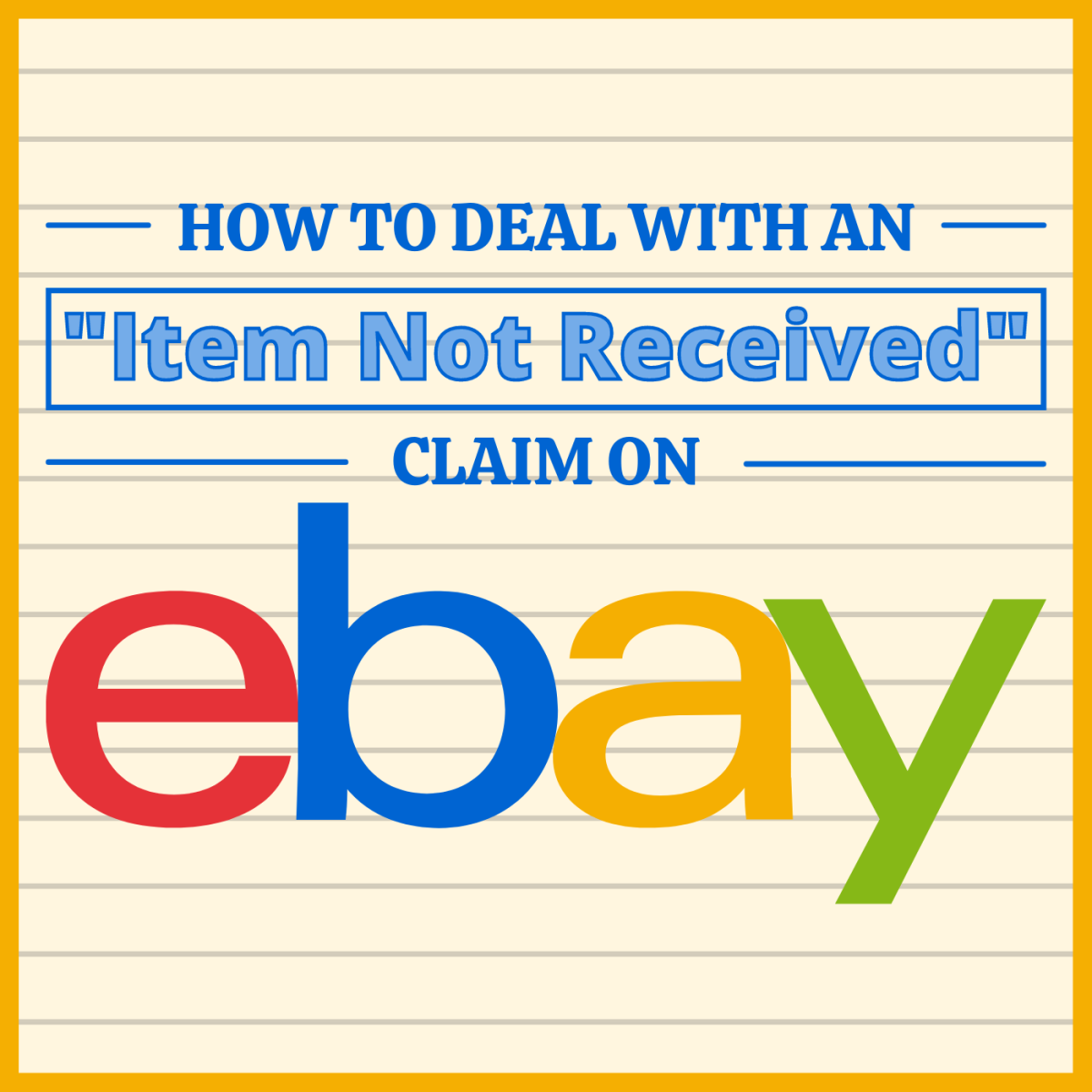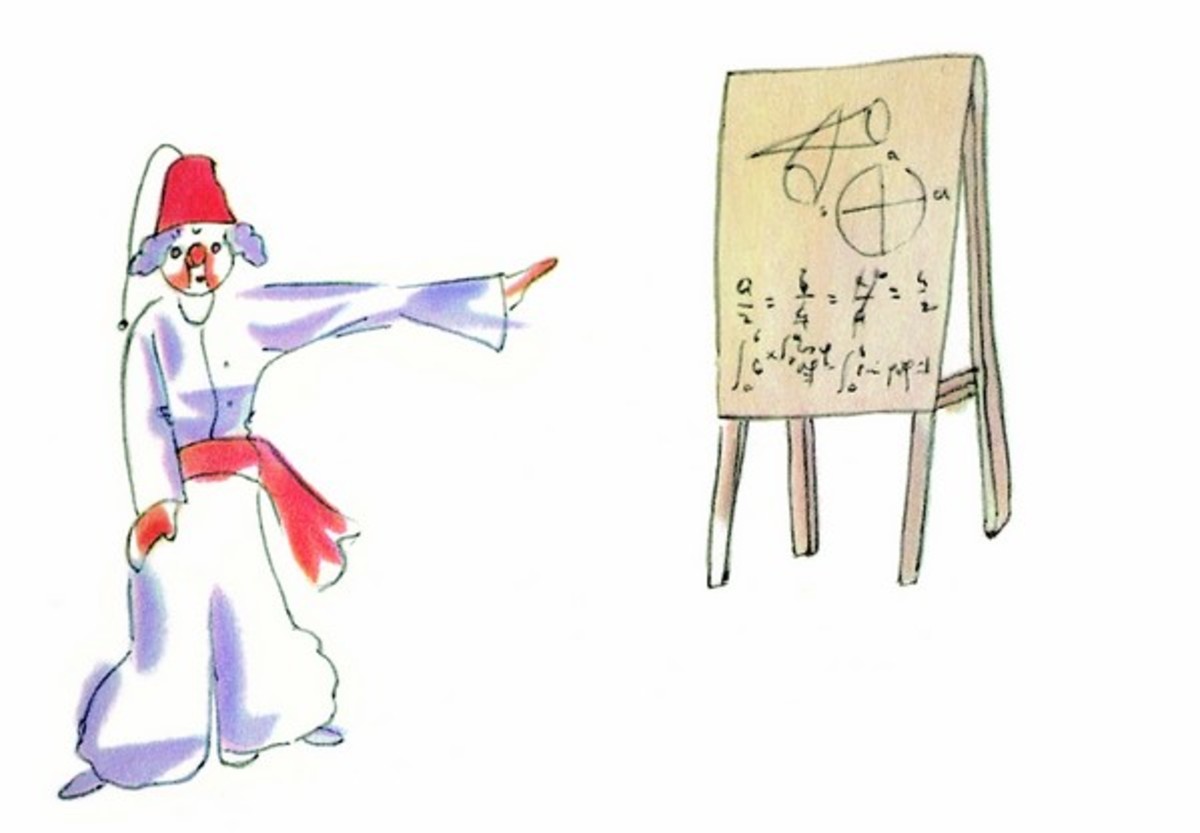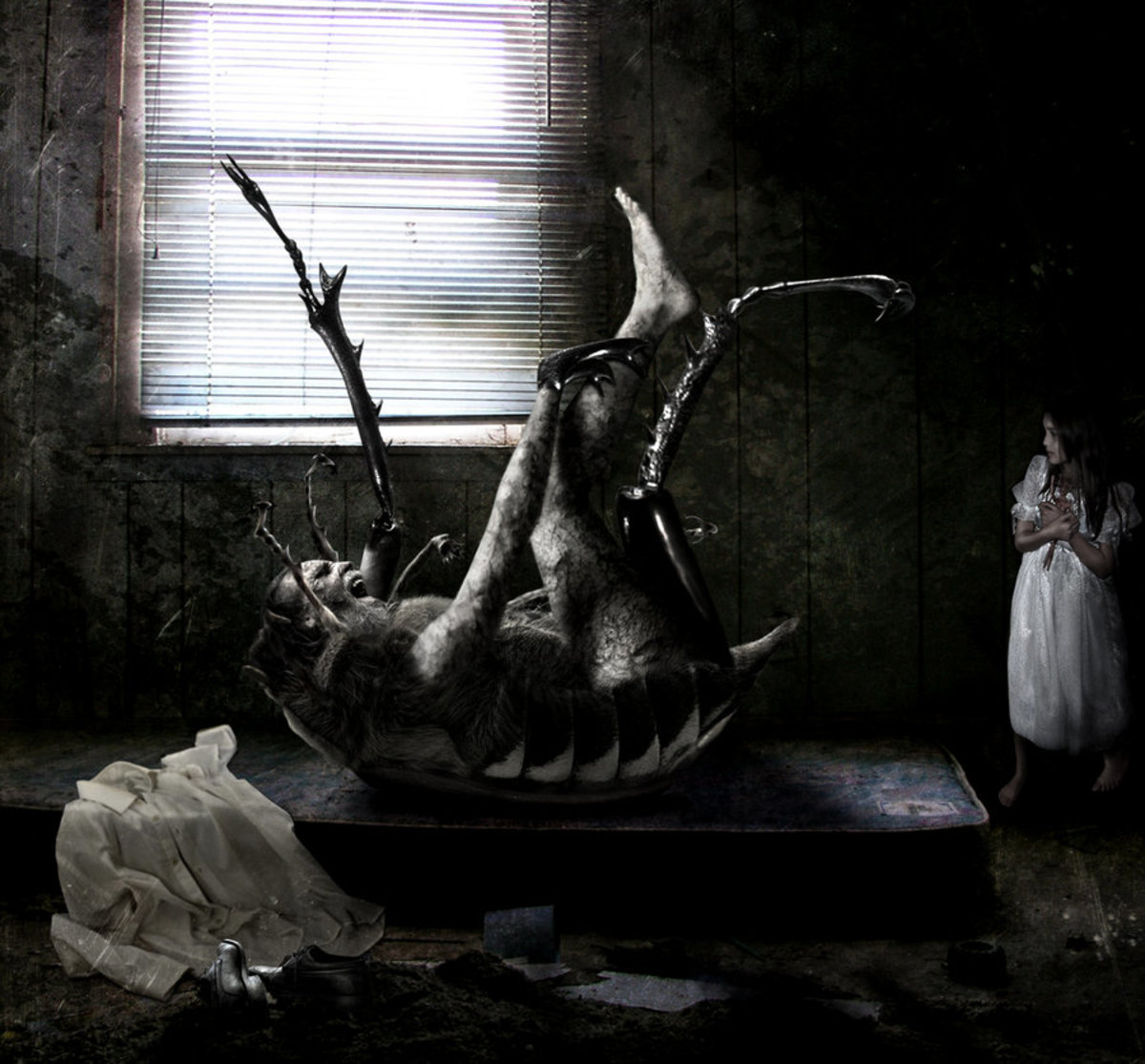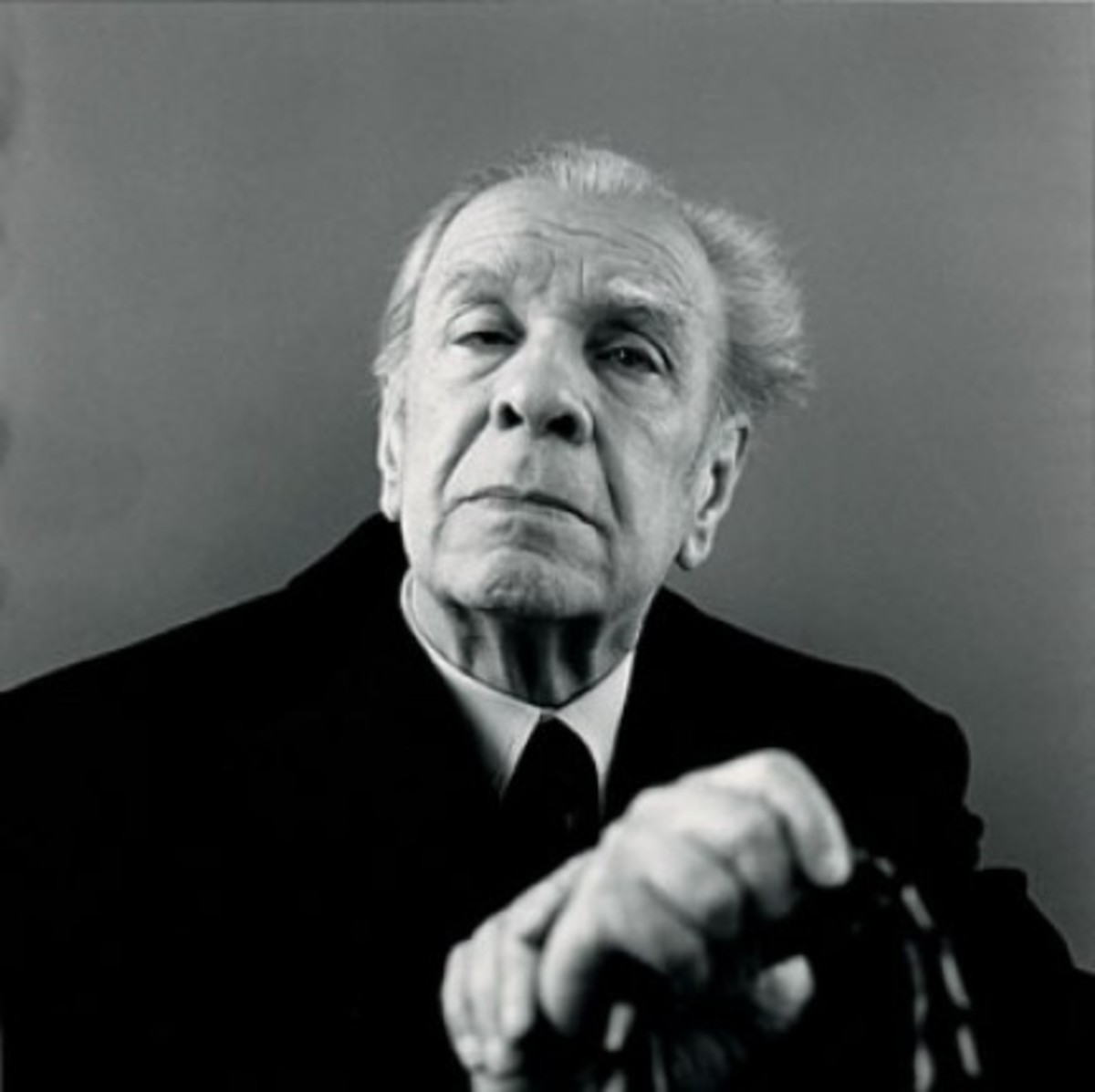- HubPages»
- Books, Literature, and Writing»
- Literature»
- Literary Criticism & Theory
How Writers Can Survive the 4 Levels of Criticism (How to Handle Trolling)
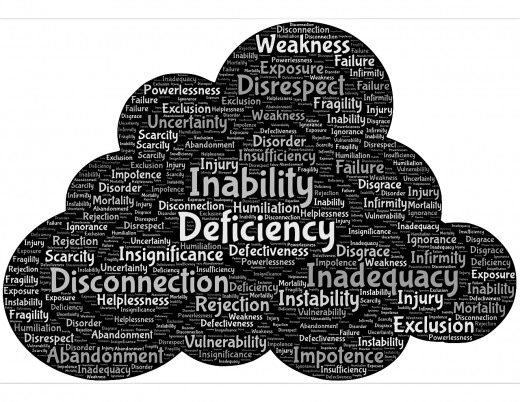
The 4 Levels of Criticism
Criticism is a gift and a curse, but it depends on one's viewpoint.
Nobody likes criticism because it feels like a personal attack, and it's worse when they're being criticized for something they love to do or believed they were good at.
But not all criticism is equal...
Critique can be divided into four unique types with each having their own special component. They are divided by their effectiveness, the number of people involved, and the results they'll lead to.
Below is a table of four types of critiques that exist and their usefulness, so which category does your work fall into.
Can you handle the criticism?
The Four Critique Types
Type
| Effectiveness
| Number of People
| Results
|
|---|---|---|---|
Negative Criticism
| Trolling (attack without purpose)
| One or a few
| Unhelpful/no results
|
Positive Criticism
| Constructive or helpful
| Usually a few
| Helpful w/some results
|
Negative Feedback
| Useful or helpful
| Majority
| Changes/results likely
|
Positive Feedback
| Encouraging/supportive
| Majority
| Changes unlikely/unnecessary
|
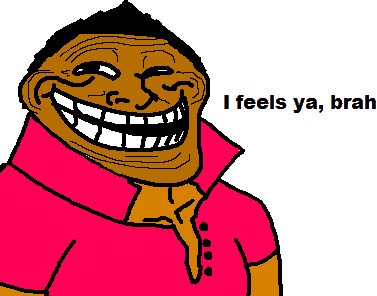
Type 1: Negative Criticism (Trolling)
The worst kind of criticism is trolling because the only purpose of trolling is to make you feel bad without adding anything constructive regarding you or your work.
However not all negative criticism equals trolling.
In fact there are several ways to distinguish constructive criticism from trolling. Below are a few points that indicate a troll may be present:
- Personal attack of your character
- Offer short responses like "it sucks" or "it's horrible" without explanation
- Cyber stalker that always leaves hateful messages
- Major grammar and punctuation problems
- Disagrees on everything and start arguments without reasoning
- Disregards facts, data, and information
I could go on and on but those statements describe most trolls.
Trolls can also be lethal if you're a very sensitive person, and I'd think twice before putting yourself out there if you can't handle the attacks.
To succeed you're going to have to develop tough skin and ignore their insults otherwise they'll win.
A successful troll can turn your masterpiece into a disaster and, in extreme cases, cause you great anxiety and depression that may lead to suicide.
Do not let the trolls win!

Type 2: Positive Criticism
This is the criticism that writers need because it helps rather than hinders them. Helpful criticism, known as constructive criticism, isn't meant to attack you on purpose.
This form of critique allows people to give their perspective on your piece and tell you things that'll help make it better through pros and cons.
Below are additional points that signify positive criticism:
- The criticism targets your content instead of your character
- Commentary offers a mix of pros and cons
- Use of proper grammar, language, and punctuation
- Explain how to improve your piece
- Present valid points or arguments
There are more examples but those above give you an idea of what positive criticism is made of, but how does negative or positive criticism differentiate from good or bad feedback?
Positive/Negative feedback is a collection of feedback that forms a majority opinion on your content.
That technically makes feedback even more powerful than criticism because it involves a lot more people.
For example anyone can criticize Donald Trump yet it doesn't mean anything, but if a majority criticize him, then it makes an impact.
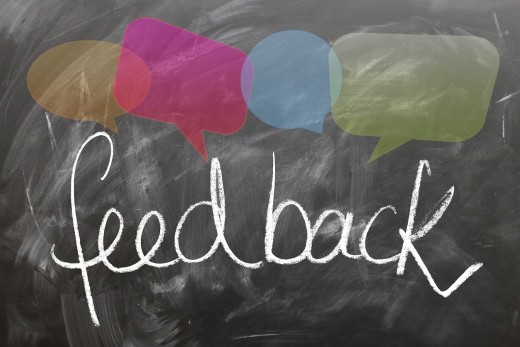
Type 3: Negative Feedback
If you're a writer and your piece has a mixed reaction, then it probably won't affect your writing methods too much.
However if your content receives mostly negative feedback, then chances are you'll try to improve your work or shift things around.
As a writer, I know that if everyone were to tell me my grammar is terrible, then I'd be much more inclined to work on it versus having one person tell me it sucks. It's this mass effect that drives for change.
A consensus helps determine whether something is good or not. You have plenty of examples on that on YouTube with movie trailers, video game trailers, and various uploads by YouTubers.
Here's another good "real world" example of this: Imagine your street has a lot of cracks in it, but only a few people in your neighborhood complain about it.
Will your street get repaired right away?
Probably not! Now take that same cracked street and have everyone in your neighborhood complain, including other drivers who go down that street and only then will it get fixed up.
It usually takes a collective effort in order to fix something, and the same applies to your writing. You won't care if a few people say something bad about it because you'll disregard them as trolls but if everyone has something bad to say, then you're likely going to take a closer look.
You'll become a better writer because you'll actually edit and fix your work to make your readers happy, and that's negative feedback at its finest.

Type 4: Positive Feedback
Positive feedback is the type of criticism you must hope to achieve because it signifies that most people approve of your content.
Writers write because they want their readers to enjoy their work, and good content yields more viewers and higher pay. Not all of your articles need to be perfect, but as long as most readers like it, then you've met your goal.
Supportive feedback gives you the encouragement and motivation you'll need to continue what you're doing, however; there's slight drawback to that.
If you become too confident with your pieces, then It's unlikely you'll change your writing content or style, which could be viewed as a slight con. I think a few changes every now and then in your style is a good thing, and it makes things more interesting for your readers.
As writers, why is critiquing so important to us?
Plain and simple, writers don't get better without critique. They'll never explore different options, try different styles, new formats, and introduce creative options without any criticism.
If there was no criticism, then writing would be boring and you would have no idea whether your articles were good or bad.
I've critiqued writers in the past because I thought their content was atrocious and didn't make sense. As a reader, I expect quality and want to make a difference through my own criticism either with myself or other writers.
Readers want to be engaged with what they're reading otherwise it serves little purpose and is a waste of time.
If writers refuse to connect with me through their writing then why should I connect with their content.
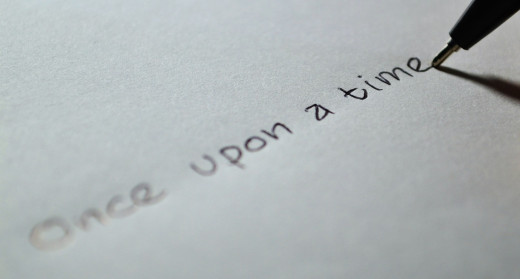
The Importance of Criticism
We are criticized everyday, but we can't ignore it because we don't like it.
I never used to be a fan of criticism but now I encourage it. I challenge readers to tell me how to make an article better because it'll make me a better writer.
I challenge all writers to accept the bad with the good and embrace the negative feedback. I want writers to acknowledge the individuals who left negative feedback, so they know you're willing to acknowledge them.
There's too much bad content out there, which is why criticism is incredibly important. It'll empower the reader and give the writer something to shoot for.
Most importantly it'll establish a relationship between the reader and the writer that'll further more high-end content, which is what transforms a written piece into a work of art.
Who knew criticism could be so powerful.



